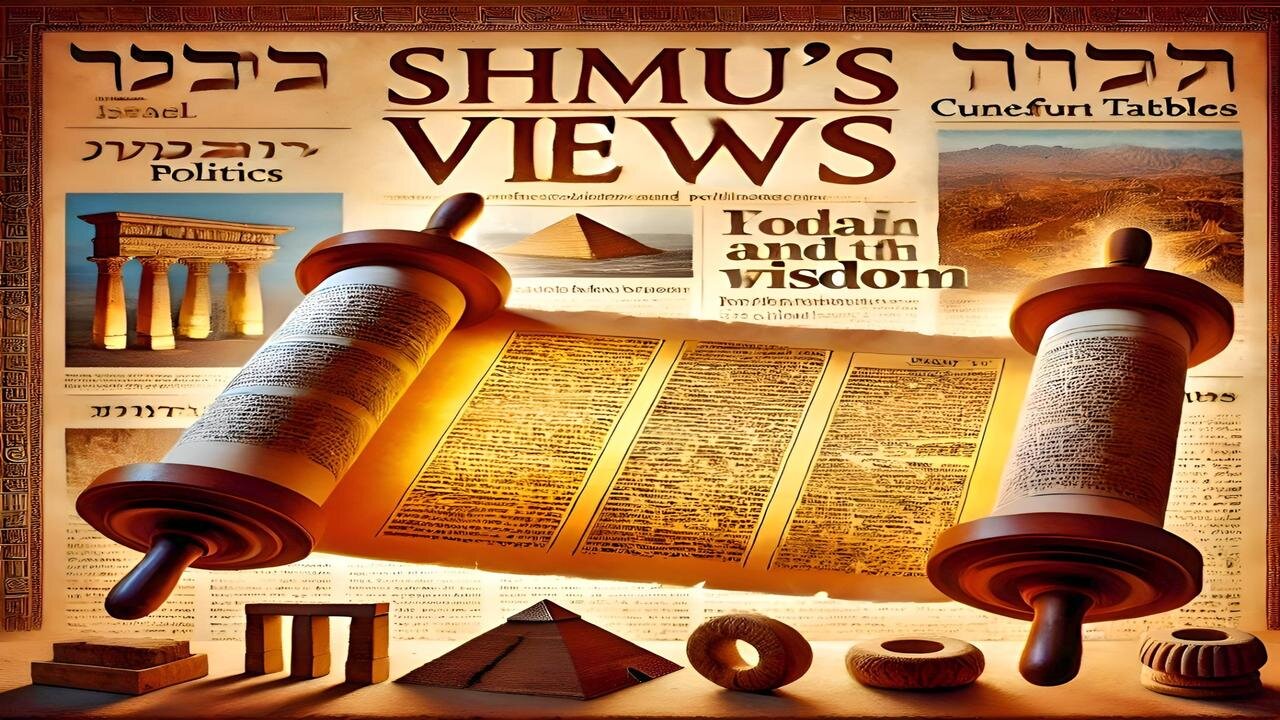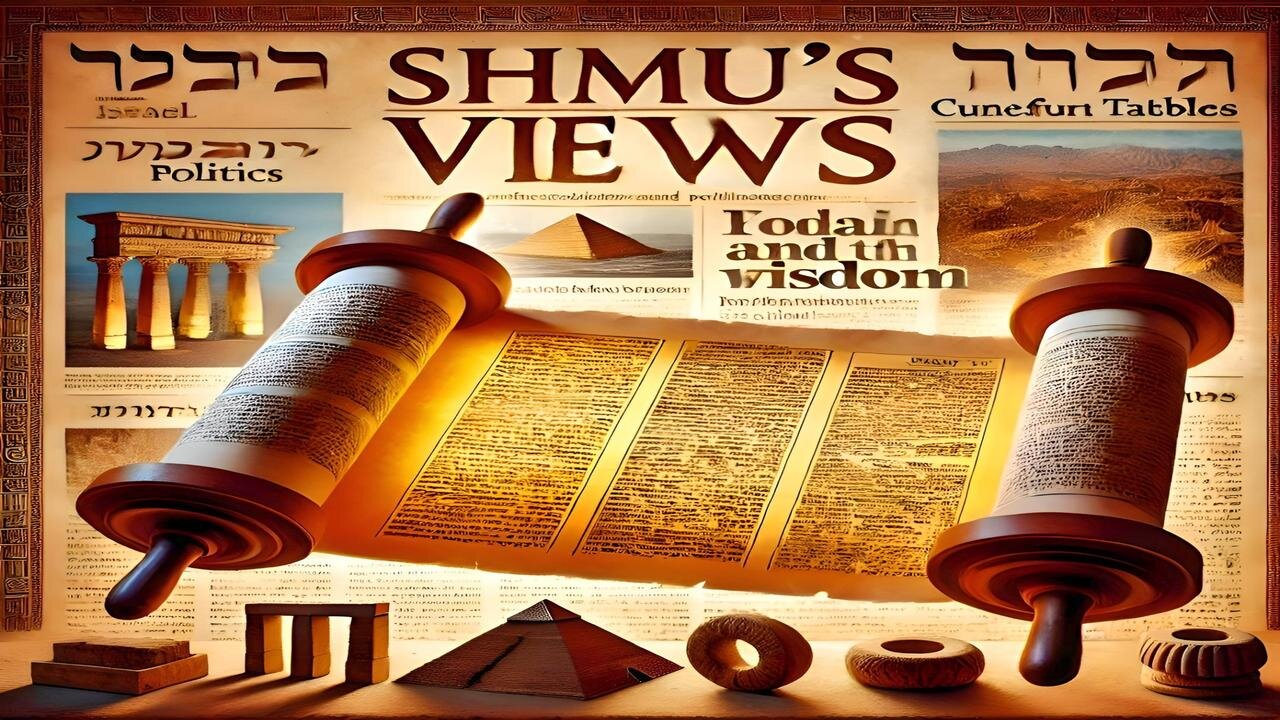
I must confess that I have been guilty of this most despicable of transgressions against HaShem and my fellow. Sadly, being on social media makes it so easy to fall into the trap of evil speech without being aware of the snare until being pulled in by it.
“Evil talk (lashon hara) is so grievous a sin because it kills three people: the one who speaks evil, the one who listens to evil talk, and the one who is being slandered.” (Erechin 15b)
Gossip and slander are grievous sins…People (including myself) who would never consider willfully violating any other law of Torah do at times fall prey to this insidious sin. As Rabbi Twerski has reminded me lashon hara is “as grievous as the cardinal sins of idolatry, adultery and murder, all taken together.”
So, I had to ask myself, especially in light of my activity on social media platforms, how do I avoid such evil speech (gossip, slander)? To this I found truth and enlightenment in the words of the Baal Shem Tov: “Simply do not talk of any other person for any reason whatsoever. If you are in a mood to praise someone, praise G-d instead. If you are in a mood to be critical of someone, be critical of yourself….just never talk about anyone else.”
I would hope that those who follow me on social media would remind me of this sage advice if I begin to fall short of its wisdom.
Shalom
Parshat Naso is the longest single parsha in the Torah, clocking in at 176 verses. That’s Torah’s way of saying, “Hey, you might want to take a long , serious and contemplative look at what you’re about to learn.”
Also on Substack: https://substack.com/home/post/p-165229596?source=queue
The 613 Commandments of Torah: Part 18 - the Blog
https://shmusviews.blogspot.com/2026/03/the-613-commandments-of-torah-part-18.html















